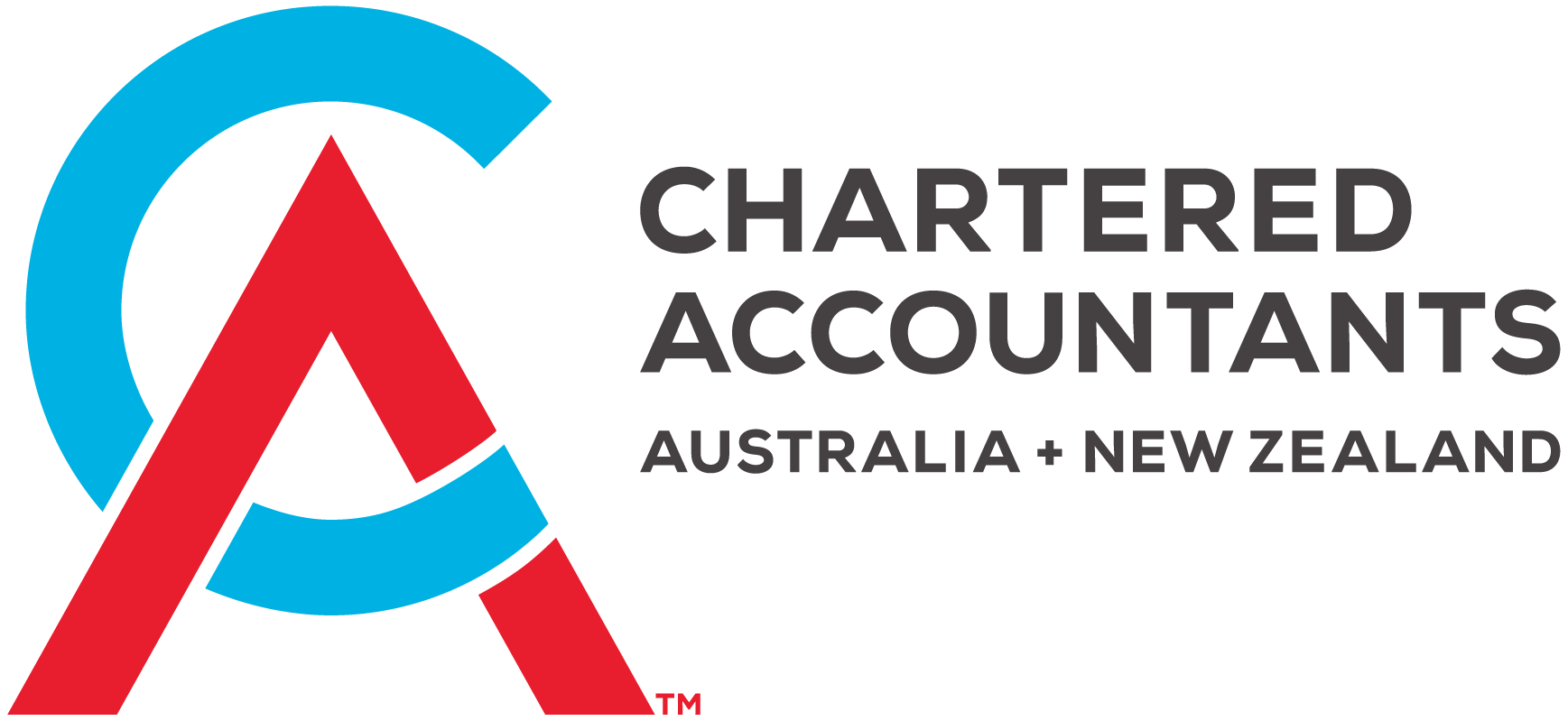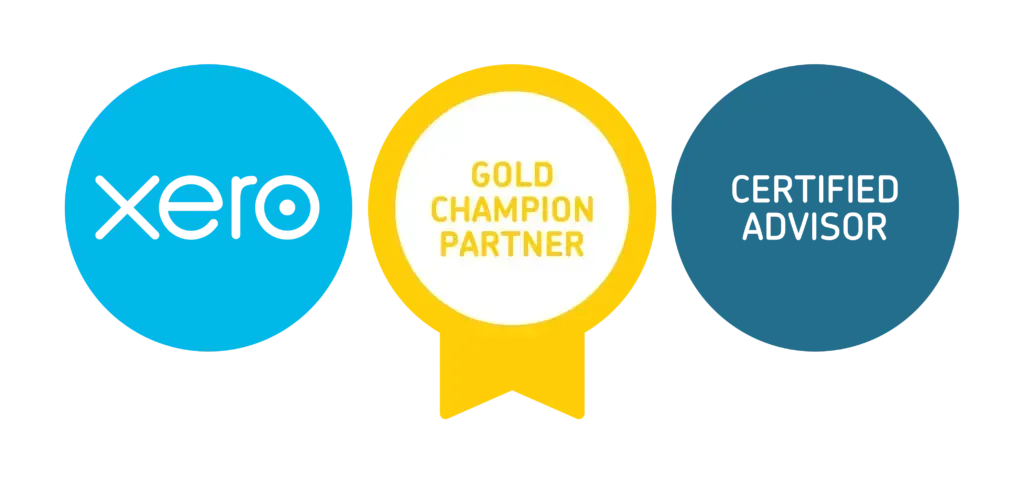Claiming Business Expenses
Most businesses incur expenses when generating income and most of these can be deducted from its income to arrive at its net profit or taxable income. It is on this amount that you pay income tax.
The types of expenses you may be able to claim:
Accident compensation levies - Not the Earner Levy portion as this relates to non-work accidents
Accountancy Fees
Advertising
Bank Fees
Computer Expenses
Depreciation See detailed explanation
Entertainment Expenses See detailed explanation
Insurance
Premiums that relate to business such as public liability, business equipment and vehicle.
Not personal life or medical insurance.
Interest
On loans or overdraft relating to the operation of the business and on hire purchases for business assets.
Motor Vehicle Expenses See detailed explanation
Printing Postage & Stationery
Research & Reference
Subcontractors
Subscriptions relating to business
Telephone
Mobile phone and home phone as detailed separately.
Travel See detailed explanation
Use of home for business
Wages
Motor Vehicle Expenses
If you're an employer you can calculate an employee's reimbursement when they use their private vehicle for work purposes. If you're self-employed you can use the mileage rate issued by IRD to calculate the cost of using your motor vehicle for business purposes. Employers may also use rates published by a reputable independent New Zealand source (such as the AA) to reimburse their staff. At present the IRD allow a claim of 77cents per kilometre.
If you are a sole trader or in a partnership and you use your own vehicle in the business, you can claim the running costs for income tax.
In order to justify the amount claimed for business vehicle expenses you are required to keep a logbook to record business mileage as a percentage of your total mileage. This must be done for a representative 3 months every 3 years.
For company owned vehicles 100% of the motor vehicle expenses can be claimed but at the end of the year we calculate a private use adjustment based on 20% of the GST inclusive cost price of the vehicle. This gets included as income for the company
If you spend time travelling as part of your business you can claim business travel as an expense.
A good way to prove the business portion of your travel expenses is by keeping a diary of your travels.
In addition to invoices and tickets you should also keep details of:
- the reasons for the trip
- the date of the trip
- your itinerary
- the cost of car hire, and air, bus and taxi fares
- the cost of accommodation, meals and incidentals
- the time spent on business and non-business activities.
The cost of travelling from home to work is not a tax-deductible expense.
Internationsl travel and domestic travel need to be identified separately due to differing treatments for GST purposes.
Using your home for business
Many people who run a small business use an area set aside in the family home for work purposes. If you are doing this, you can make a claim for the area set aside so long as:
- it is used principally for business use (such as an office or storage area), and
- you keep a full record of all expenses you wish to claim.
The responsibility for keeping invoices and records for a home office is the same as for any other business expenses you are claiming. You can claim a portion of the household expenses, such as the rates, insurance, power and mortgage interest. You must keep invoices for these expenses.
You can only claim the expenses that relate to the area set aside for business. Work out the percentage of the work area, compared to the total floor area of the house. Then apply this percentage to the total house expenses.
e.g. In a house of 100 square metres Mereana sets aside 10 square metres as an office (10% of the total floor area). GST-inclusive house expenses for the full year were:
| Rates |
$1,200.00 |
| Insurance (house) |
$ 400.00 |
| Power |
$ 960.00 |
| Total costs (includingGST) |
$2,560.00 |
| Multiply total cost by 3, then divide by 23 to get theGSTcontent |
$ 333.91 |
| Total costs (excludingGST) |
$2,226.09 |
If Mereana is not registered for GST the amount to claim is 10% of the total costs including GST:
$2,560 x 10% = $256
If Mereana is registered for GST the amount to claim is 10% of the total costs excluding GST:
$2,226.09 x 10% = $222.60 Mereana can also claim 10% of the GST content of these items in her GST return, she can claim this either annually or on a period-by-period basis.
Claims on Mortgage interest
You may also claim a proportion of the mortgage interest (not principal) paid during the year. There is no GST involved in this item, so it is easier to work it out separately. Use the same method of the business floor area percentage to
e.g. The business floor area is 10%.
| Mortgage interest paid |
$2,340 |
The amount to claim is:
$2,340 x 10% = $234
Entertainment Expenses
If you provide entertainment for staff or clients, some of these business entertainment expenses are tax deductible.
Some examples of fully deductible entertainment expenses are food and drink:
· while travelling on business
· at promotions open to the public
· at certain conferences.
Expenses that are 50% deductible include:
· Corporate boxes, corporate marquees or tents, and similar exclusive areas (whether permanent or temporary) at sporting, cultural or other recreational activities that take place away from your business premises. This includes tickets or other rights of entry.
· Accommodation in a holiday home, time-share apartment or similar, but not accommodation incidental to business activities or employment duties.
· Pleasure-craft, eg, a corporate yacht
· Food and drink provided or consumed:
– any of the three types of entertainment above,
– on the taxpayer's business premises at a party, reception, celebration meal, or other similar social function, eg, a Christmas party for all staff, held on the business premises (excluding everyday meals provided at a staff cafeteria)
– at any event or function, on or away from your business premises for the purpose of staff morale or goodwill, eg, Friday night "shout" at the pub
– in an area of the business premises reserved for use at the time by senior staff and not open to other staff, eg, an executive dining room used to entertain clients.
Telephone costs
You may claim a deduction for telephone rental if you run your business or organisation from your home. If your home is the centre of operations or management for the business, you may claim a deduction of 50% of the telephone rental. Identify those toll calls that are business-related. It is a good idea to use a highlighter on your phone bill to mark the business toll calls. If you have a separate commercial and domestic line rental, you can claim the full cost of the commercial line for both income tax and GST, but none of the domestic rental. If you make any private calls on the business line, you will have to make an adjustment for them.
Depreciation
Assets with a GST exclusive cost of more than $500 are added to a Fixed Asset schedule and depreciated on a diminishing value basis using rates determined by Inland Revenue.
For example;
Mobile phone purchased in April 2014 for $999.00
Registered for GST so claim the GST portion $130.30
GST exclusive cost $868.70
Depreciation rate for mobile phones per IRD 67%
Depreciation claim year 1 $582.00
Book value at end of year 1 $286.70
Depreciation year 2 $192.00
Book value at end of year 2 $ 95.00
Assets that cost less than $500 may be written off in the year of purchase.


